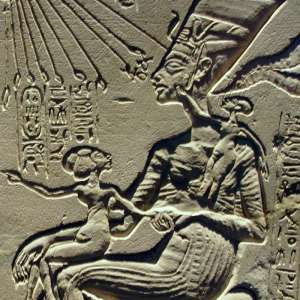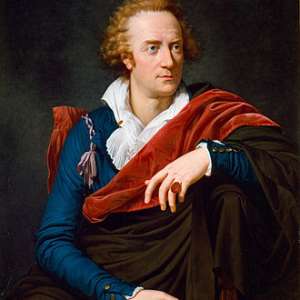
Read any account of the development of physics in the early 20th century and you will almost certainly discover that a stay in Germany was de rigueur for any aspiring young physicist. One German physicist who became famous as the teacher of a generation of outstanding pupils was Arnold Sommerfeld. In the summer of 1922, shortly after the young Werner Heisenberg came under his tutelage, Sommerfeld wrote to Paul Epstein, a former student who had since become professor of theoretical physics at the California Institute of Technology: “I expect enormous achievements by Heisenberg, who I think is the most gifted one among all my pupils, including Debye and Pauli.” Just 10 years later, Heisenberg was awarded the Nobel Prize for Physics for the “creation of quantum mechanics”. The Nobel committee summed up Heisenberg’s merits in a nutshell.
But why is Heisenberg still controversial 100 years after his birth? In his recent monograph, Heisenberg and the Nazi Atomic Bomb Project, the American historian Paul Rose raises serious doubts about Heisenberg’s personal morality. He is described as a wildly emotional and ambitious man who was “unable to break out of German anti-Semitic mentality”. Scientifically, too, he is blamed for misconceptions.










































